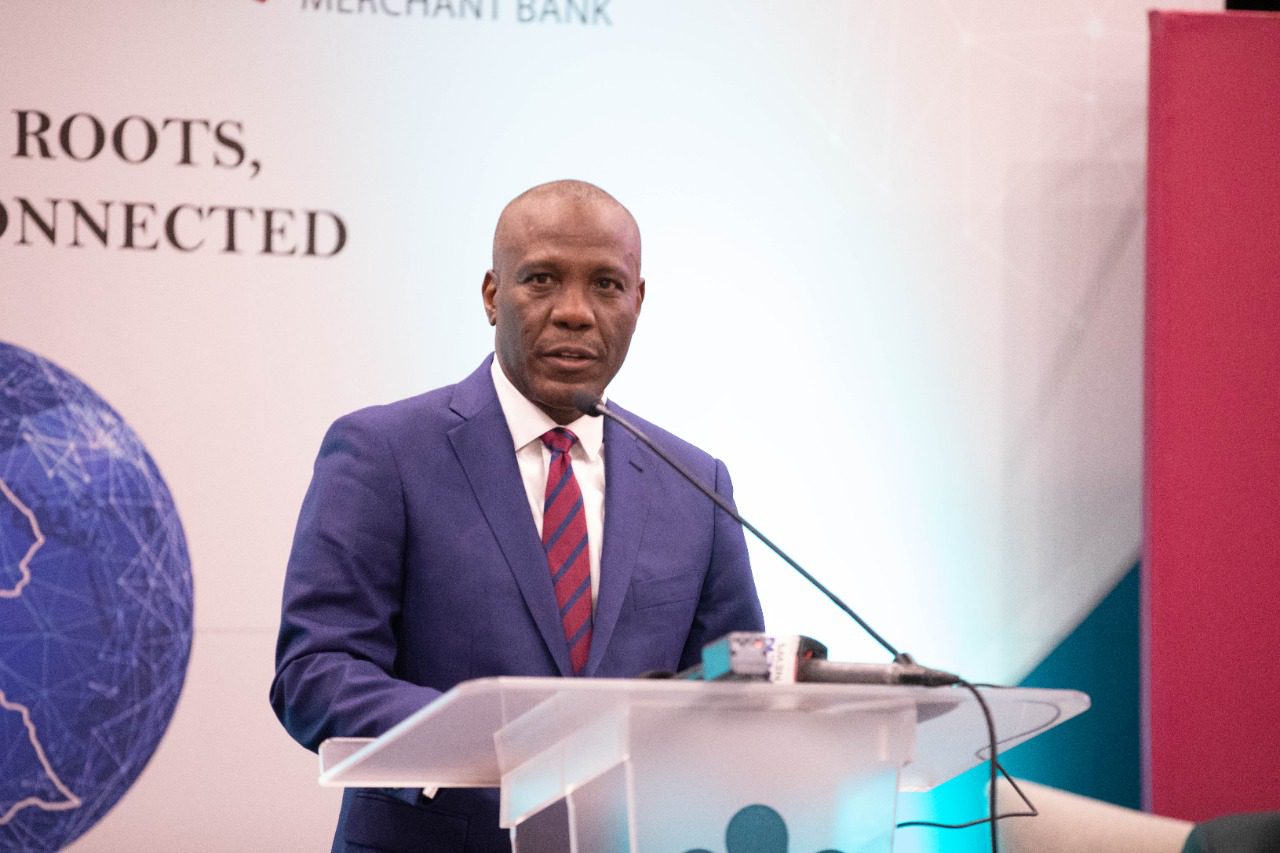As oil-rich Guyana continues its quest for transformative growth, there are two main factors that will determine the extent of its success—the robustness of its institutions and government’s ability to harness the innovative gifts of its citizens.
Making this point during an interview on local radio show, Guyana’s Oil and You, was certified accountant and business professor, Floyd Haynes.
He opined that the sheer scale and size of the country’s oil-equivalent resources, some 11 billion barrels in the Stabroek Block, will present a challenge for the state to manage.
“When it comes to oil resources, population size matters. Guyana is a small country and by extension, we don’t have the human resources needed. We don’t have the skills; we don’t have the knowledge to effectively manage the oil and gas industry and so we have to build capacity,” he pointed out, adding that the question remains how quickly this can be done to meet the development needs.
Professor Haynes said he is also aware that Guyana continues to attract the title of being the fastest-growing economy. While this is positive, he said the country must be mindful of its capacity deficits. Growth he warned, must not outstrip capacity, or the powers to develop it.
He said the government must nonetheless be commended for taking bold steps with the development of an oil and gas training centre in Port Mourant. He said this will no doubt complement major projects underway such as the Gas-to-Energy project and a refinery, poised to handle 30,000 barrels of oil per day. He said however, that even those praiseworthy initiatives will need strong foundations. To truly transform, he said Guyana must focus on institutional capacity and individual capacity. He believes that there needs to be countrywide incubators for this.
“I worry that we don’t have enough schools and universities pushing out the number of skilled individuals we need to support the scale of these resources. I know the government has given out scholarships and those types of things, but the University of Guyana has to become a centre for excellence for churning out entrepreneurial excellence. You’ve got to be able to have incubators for small businesses and that’s at the individual level,” expressed Professor Haynes. He said the training for the next generation to take over must start now.
He also noted that Guyana needs to urgently develop the institutions that will ensure responsible energy stewardship becomes a tradition, much like what obtains in Qatar, Saudi Arabia, and the United Arab Emirates.
Before Guyana’s Stabroek Block hits the one million barrel per day (bpd) production mark in the next few years, the government has said it intends to embark on a massive education exercise for its people. This is to ensure citizens are equipped with the requisite capabilities and competencies needed to take advantage of all opportunities ahead.
Towards this end, government continues to push for persons to take advantage of thousands of programmes available via the Guyana Online Academy of Learning (GOAL). Launched in 2021, GOAL is an initiative of the Government of Guyana to provide 20,000 scholarships to Guyanese to pursue online, tertiary-level programmes via partnerships with reputable international universities.
To complement the foregoing, government has also received a US$44 million loan from the World Bank for the Guyana Strengthening Human Capital through Education Project. This initiative focuses on expanding access to quality education at the secondary level, as well as improving technical and vocational training (TVET) to meet the needs of the labour market.
Government has also received a US$43 million loan from the Inter-American Development Bank (IDB) for its ‘Transforming Guyana’s Education Sector’ Project. It will focus on accelerated learning and skills development, ensuring technology integration into teaching and learning, implementing an Education Management Information System (EMIS), and embarking on the construction of four primary schools as well as critical infrastructure improvements to 13 others.




